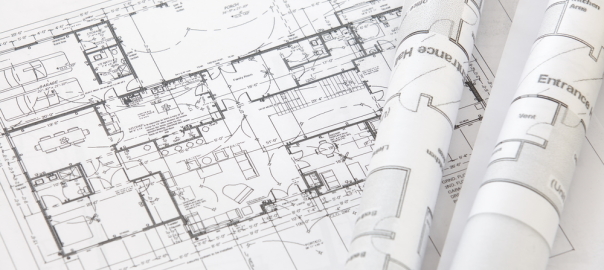A Beginner’s Guide To The Rehab Exit Strategy
By Paul Esajian on December 29, 2014
Each deal you get involved in presents a new set of challenges. As any experienced investor will tell you; how you want the property to go may not be what actually ends up happening. This is why it is important that you have a backup plan and exit strategy with every deal. This is even more important if you are looking at a property to rehab. On rehabs, there is often a slim margin for error. You need to be prepared for anything that comes your way. If you know how you are going to get out of the property, you will not be caught off guard when a curve-ball is thrown your way.
The most popular, and obvious, way out of the property is by selling it as quickly as possible after the work is done. We have seen this scenario many times, but it is not as simple as it may appear. To get your property sold quickly, you need to do the right work and list at the right price. You also need to find a willing buyer and wait their loan approval out. If you opt to sell to a fellow investor, there has to be enough of a discount to make it appealing to them while still leaving enough profit for you.
A common mistake that many investors make is thinking that their property will sell at a much higher price than is realistic. You may want to sell your rehab quickly, but that will not be the case if you list too high. Buyers aren’t interested in how much work you have done or how much you have spent. They want to look at the finished product and will base their interest on the quality of the work in relation to the list price. If you list too high, your home will sit on the market for weeks without any interest. At this point, you need to make a decision on what you are going to do. Every day that the home goes unsold is costing you money. This money needs to be accounted for before you take ownership of the property and do any work. If you list too high and can’t get your desired sales price, you need to have a plan before the home loses its appeal.
If the interest isn’t there, you need to act quickly and make a price reduction. This could be tricky if there is not enough room to lower and still make a profit. If you and your realtor looked at the comparables and evaluated the market, you should have a good idea of what the property would sell for. Sometimes you can produce a great property, but for a myriad of reasons it just won’t sell. When this happens, you can opt to sell and get whatever you can or rent the property and wait for the market to turn. This may sound like a good idea on paper, but being a landlord is not as simple as it sounds. Between finding tenants, managing the property, collecting rent and being available when work comes, renting a property is a lot more challenging than perceived. As you are doing your work on the property, you should get some information on market rents, town rules and other landlording policies – just in case the property doesn’t sell. The quicker you can move forward with renting, the quicker you can start bringing money in.
The biggest area that is often overlooked on rehabs is the time they take from start to finish. When you take ownership of the property, you are in a race against the clock. As we have said, you are paying money every day that you own the property without taking money in. Between taxes, insurance, loan repayment and utilities, this sum can add up to quite a large amount of money every month. Even if you get the work done in a timely fashion, all it takes is one or two delays to set everything back. Additionally, your end buyer could have trouble with financing . All this has to be accounted for as you are looking at the property. A great rehab can happen as quickly as a few weeks, but it is not uncommon for the process to last months. If you don’t factor in the carrying costs on the property and the lost revenue, you will slowly start losing money. You may be forced to sell at a price you don’t want to just to get out and move on.
If you start by looking at your exit strategy options, you will have a much clearer picture as things come your way. Some of these options can turn out to be the best thing that could happen, while others will force you to choose between the lesser of two evils. Knowing how to get into a property is great, but not as important as how you are going to get out of it.